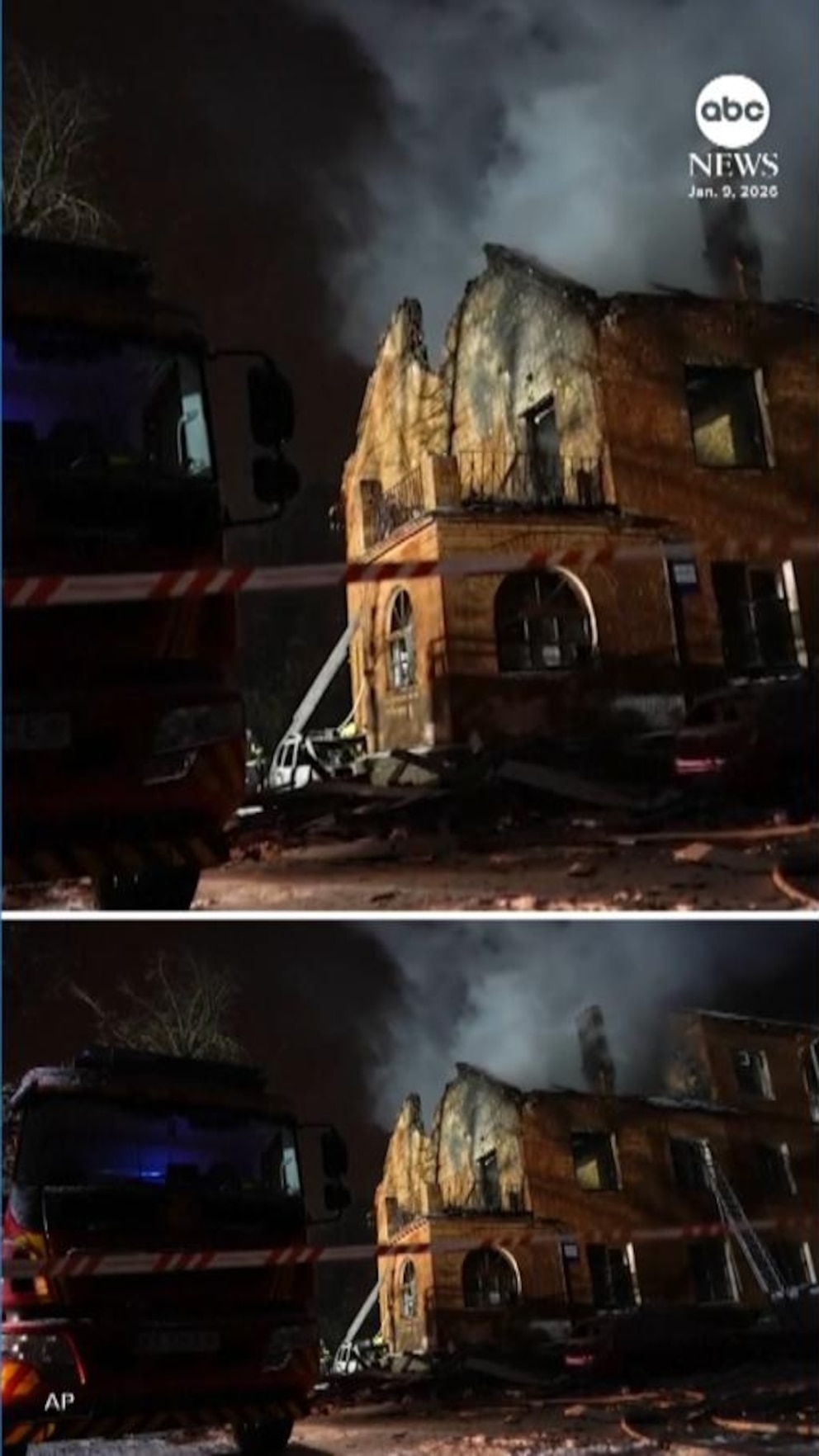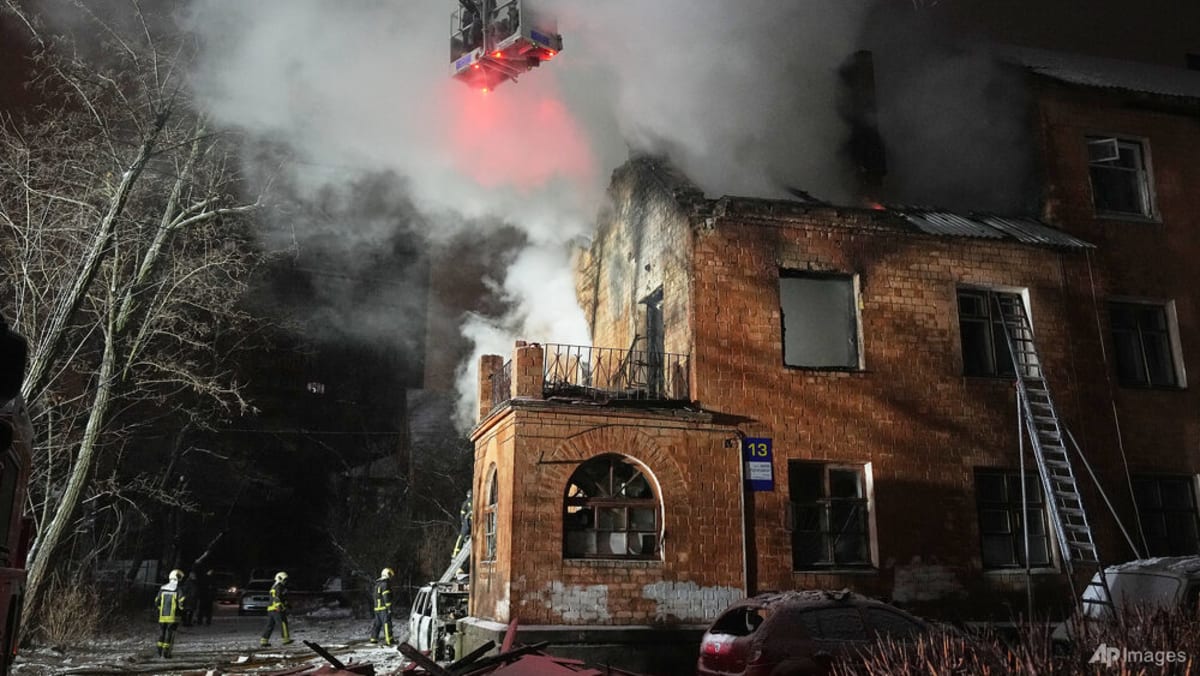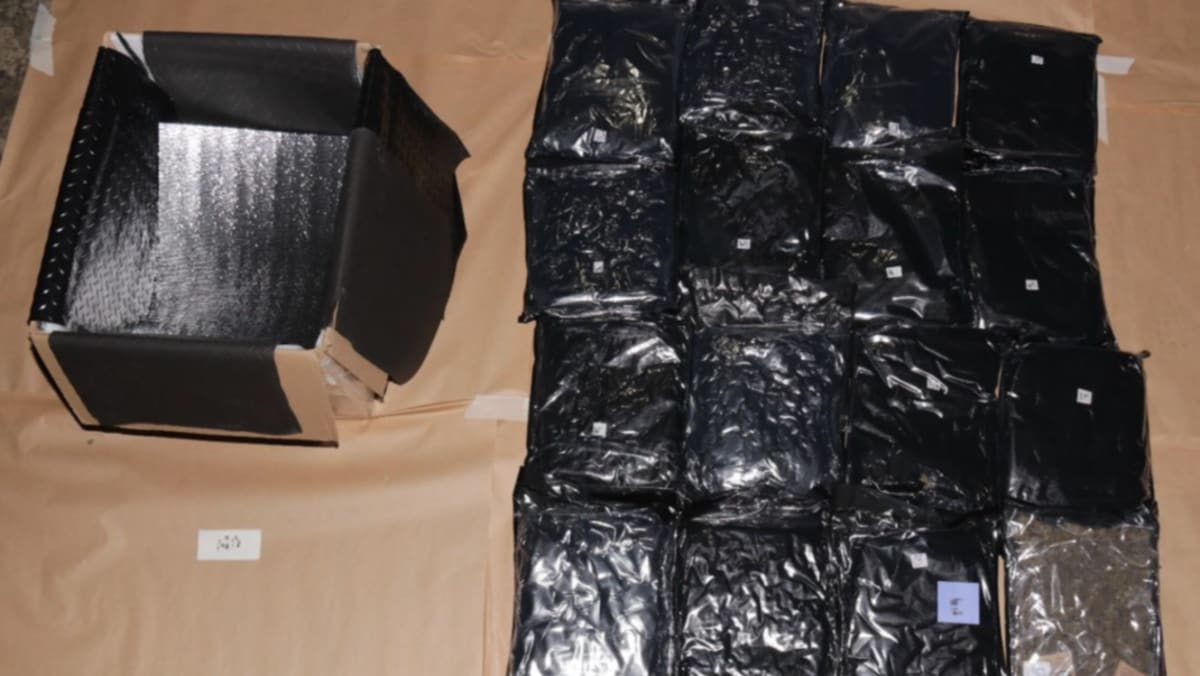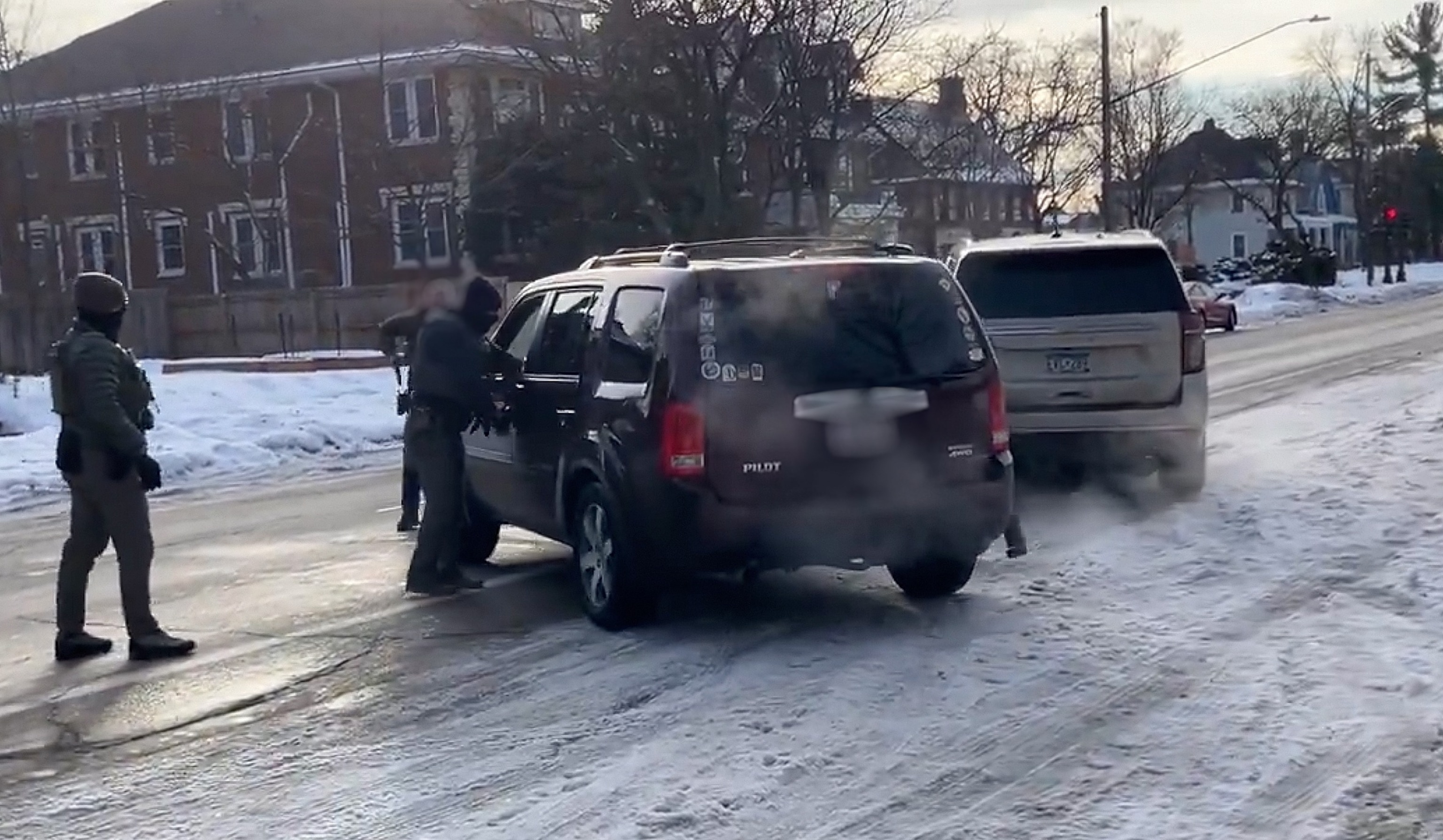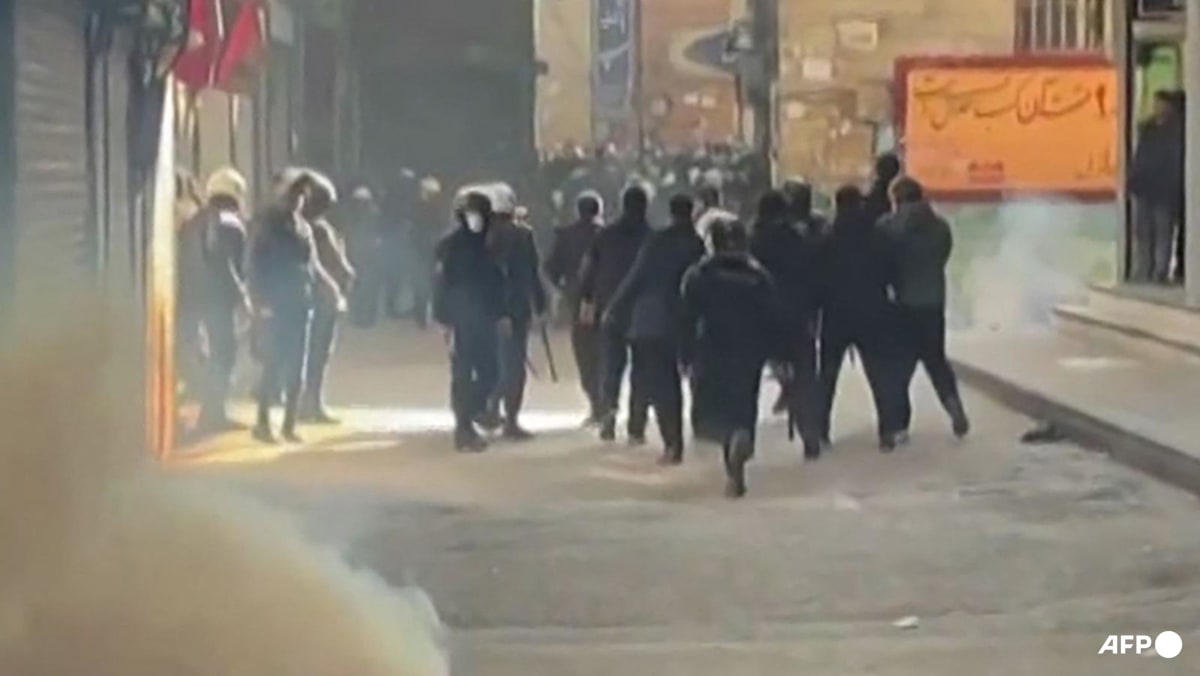New government unit to resolve neighbour disputes not intended as ‘first responder’ for all cases: Edwin Tong

SINGAPORE: A new government unit with the power to investigate severe neighbour noise disputes is not meant to be the “first responder” for all cases, said Minister for Culture, Community and Youth Edwin Tong on Tuesday (Nov 12).
Speaking in parliament where the Community Disputes Resolution (Amendment) Bill was introduced for a second reading, Mr Tong said that the Community Relations Unit (CRU) will focus resources only on severe neighbour noise cases that are causing “disamenity” to the community, as well as severe hoarding cases.
It will have the discretion to judge the severity of cases with the specific facts and circumstances of each case, he added.
“It is therefore not our intention in this Bill to be overly prescriptive,” said Mr Tong.
“CRU officers will assess on a case-by-case basis, and have the ability to make a judgement call.”
Generally speaking, due to the “transitory nature” of noise, a case would be considered severe only if it persists over a period of time, said Mr Tong.
However, he also noted that in some cases, a single occurrence can be treated as severe.
Citing the example of a person who drills into his wall at 3am, with the “intent” of waking up his neighbours, Mr Tong said that HDB officers may look into this the next day and if it happens again, CRU may treat it as “severe”.
“I would also like to caution that we must strike a balance between the CRU stepping in to manage a dispute, and also at the same time leaving enough room for neighbours to settle the private disputes between themselves,” added Mr Tong.
He added that with the CRU framework, the government is taking a “significant step forward” to help resolve serious cases, particularly if they threaten to have a wider negative impact on the community.
“This will plug an existing gap where agencies do not presently have sufficient powers to intervene, to more effectively deal with some individuals who are seriously disrupting the community harmony with their behaviour,” said Mr Tong.
CRU PILOT TO BE OPERATIONAL IN 2025: SIM ANN
Senior Minister of State for National Development Sim Ann said that the CRU is aiming to begin pilot operations in one to two towns from the second quarter of 2025, starting with Tampines.
Tampines was chosen due to its average caseload, compared to other towns in Singapore, said Ms Sim.
Ms Sim also elaborated on the powers of the CRU and the safeguards in place to protect residents.
Community Relations Officers (CROs) and Auxiliary Community Relations Officers must first identify themselves by showing their official identification card.
Members of the public will be able to go to a Ministry of National Development webpage to verify their identity. Impersonation of an officer will be a criminal offence.
CROs will have powers to take statements, photographs, and recordings, and issue advisories and warnings.
While advisories and warnings do not carry penalties, further enforcement action may be taken if they are not heeded.
In the most severe cases involving recalcitrant nuisance-makers, CRU may refer the matter to the Housing and Development Board (HDB) for the board to consider compulsory acquisition.
This scenario may occur if all other steps have failed to resolve the nuisance, and measures are needed to protect the wider community.
“HDB may also consider compulsory acquisition of the flats of severe and recalcitrant noise makers, if, for example, the owner or an occupier has been convicted by the courts at least twice for disobeying an abatement order or a Community Disputes Resolution Tribunals (CDRT) exclusion order,” said Ms Sim.
An abatement order requires a noise maker to stop causing the noise disturbance, while an exclusion order is an order for a party to be kept out of his or her residence.
Mr Tong said the CRU fact-finding process will be integrated with CDRT proceedings.
The CDRT, which remains an avenue of last resort for severe disputes, will have its powers enhanced so that it can deliver “quicker and more effective relief”, Mr Tong said.
These include having a general requirement that residents must attempt mediation before filing a CDRT claim.
The CDRT will also be able to issue mandatory treatment orders or interim orders under certain conditions.
The mandatory treatment order can be issued if the CDRT has reason to believe that the respondent’s acts of unreasonable interference stem from an underlying psychiatric condition. A mandatory treatment order requires an offender suffering from certain treatable psychiatric conditions to undergo treatment
An interim order could be issued if acts of unreasonable interference appear as if they are likely to continue, and are likely to have a substantial negative impact on the claimant.
The order will allow claimants with serious cases to obtain relief more quickly.
Source: CNA


